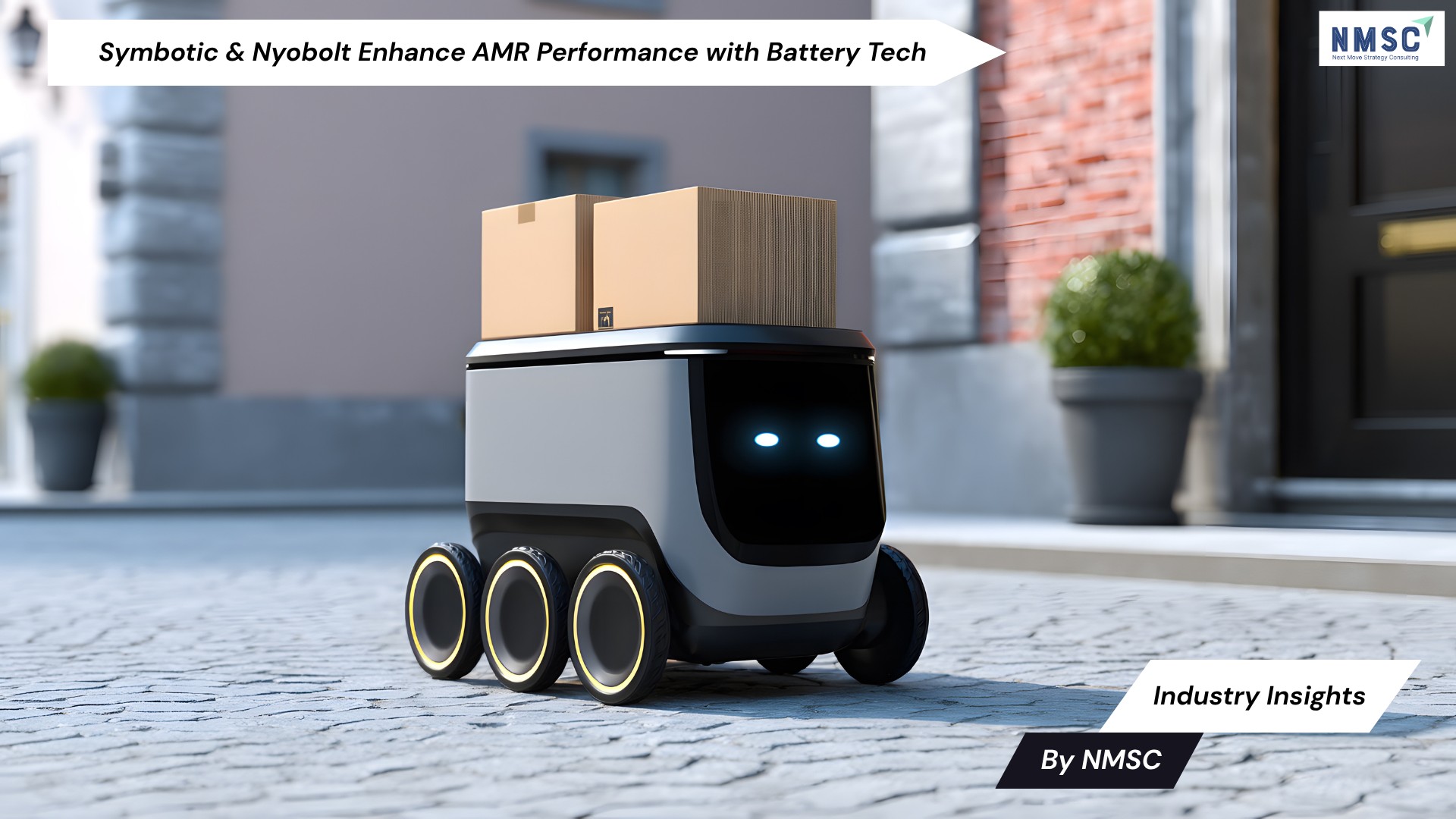Mexico Delta Robots Market is expected to reach USD 145.25 million by 2030
Published: 2025-01-20
The increasing government initiatives and growing labor shortages are driving up demand for the Mexico Delta Robots market during the forecast period.
Mexico Delta Robots Market was valued at USD 42.8 million in 2022, and is predicted to reach USD 145.25 million by 2030, with a CAGR of 15.49% from 2023 to 2030, according to new research by Next Move Strategy Consulting.
The Mexican government is actively advocating for the adoption of automation technologies, such as robotics, within manufacturing sectors including medical devices and automotive. This initiative aims to enhance the economic competitiveness of the country. For instance, in November 2021, the partnership between the Mexican Ministry of Foreign Affairs, UNIDO, and UN-Habitat on the "Prospective Territorial-Industrial Atlas for the Attraction of Investments" was introduced by the Minister of Foreign Affairs to serve as a tool for the nation's economic restoration.
This initiative adopts an innovative strategy to stimulate investments by concentrating on key manufacturing sectors like medical devices and others. These sectors hold the potential to attract investments, ultimately contributing to Mexico's economic and urban development. Consequently, all these factors influence the market's growth.
The high price of delta robots presents a significant hurdle to the market's expansion. These robots, celebrated for their precision and efficiency, often come with a cost that many businesses, particularly small and medium-sized enterprises (SMEs), find prohibitive.
Moreover, the extended period required to see a return on investment (ROI) due to these substantial upfront expenses can discourage companies seeking immediate cost savings and efficiency enhancements. This situation not only impedes market growth but also leads to market consolidation, as only larger corporations can afford and derive value from this advanced automation technology.
The delta robot market has a substantial opportunity for growth by incorporating advanced technologies like computer vision and artificial intelligence (AI) to elevate precision. These state-of-the-art technologies empower delta robots to operate with greater accuracy and efficiency, opening up new possibilities for applications across diverse industries.
The integration of computer vision and AI not only enhances precision but also boosts overall productivity while reducing errors in manufacturing processes. This, in turn, can lead to cost savings, improved product quality, and heightened competitiveness for businesses that harness delta robots equipped with these advanced technologies. As industries continue to embrace automation and demand increased precision and flexibility, the delta robot market stands to benefit significantly from the opportunities presented by the integration of computer vision and AI.
Request for a Sample PDF on the Mexico Delta Robots Market
According to the report, leading players in the Mexico Delta Robots market include ABB Ltd., Fanuc Corporation, Kawasaki Heavy Industries Ltd, Yaskawa Electric Corporation, FESTO, Weiss GmbH, Omron Corporation, IGUS GmbH, Cama Group, and KUKA AG.
Key Insights from the Mexico Delta Robots Market Report:
-
The information related to key drivers, restraints, and opportunities and their impact on the Mexico Delta Robots market is provided in the report.
-
The value chain analysis in the market study provides a clear picture of the roles of each stakeholder.
-
The market share of players in the Mexico Delta Robots market is provided in the report along with their competitive analysis.















Add Comment